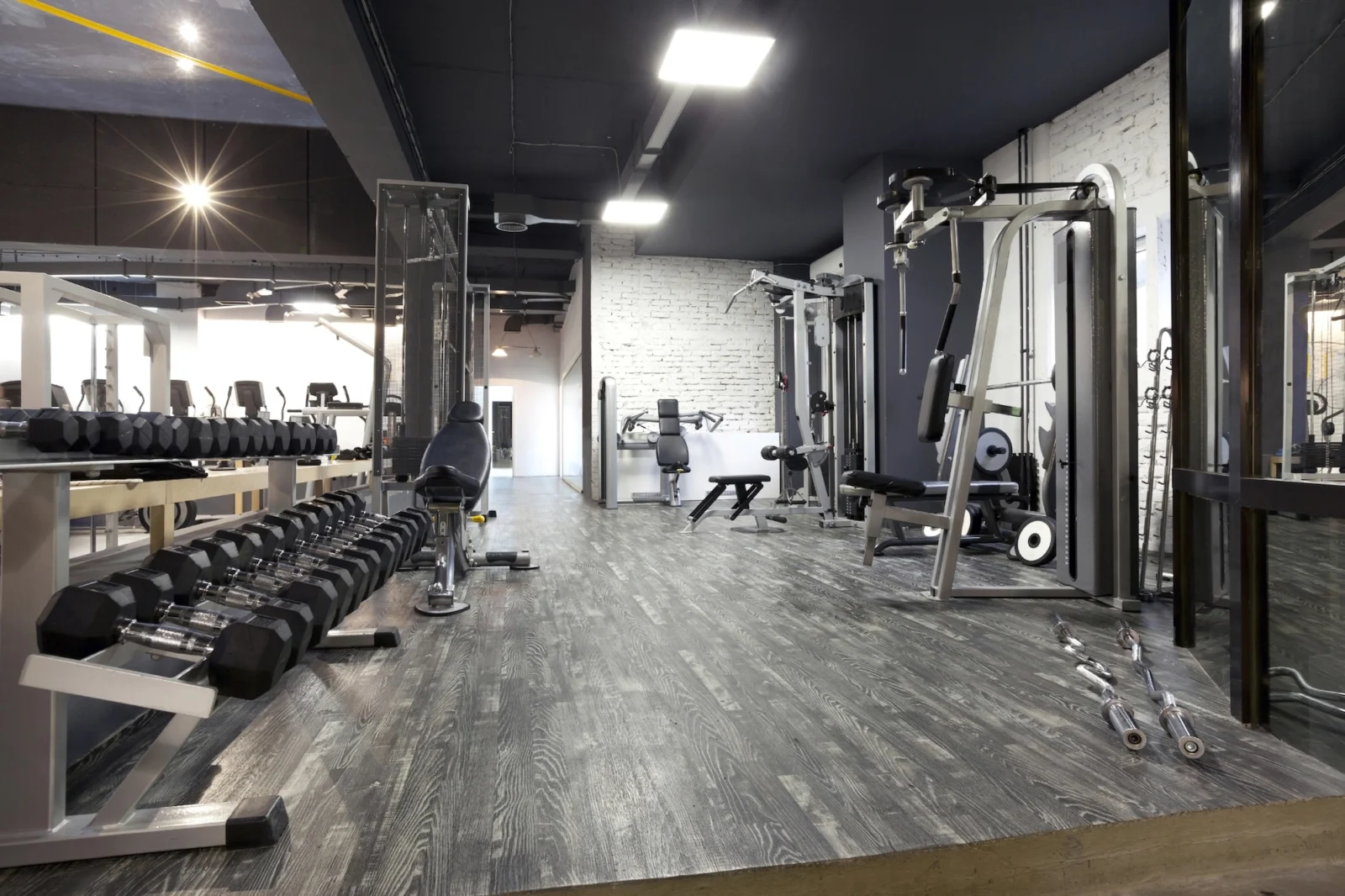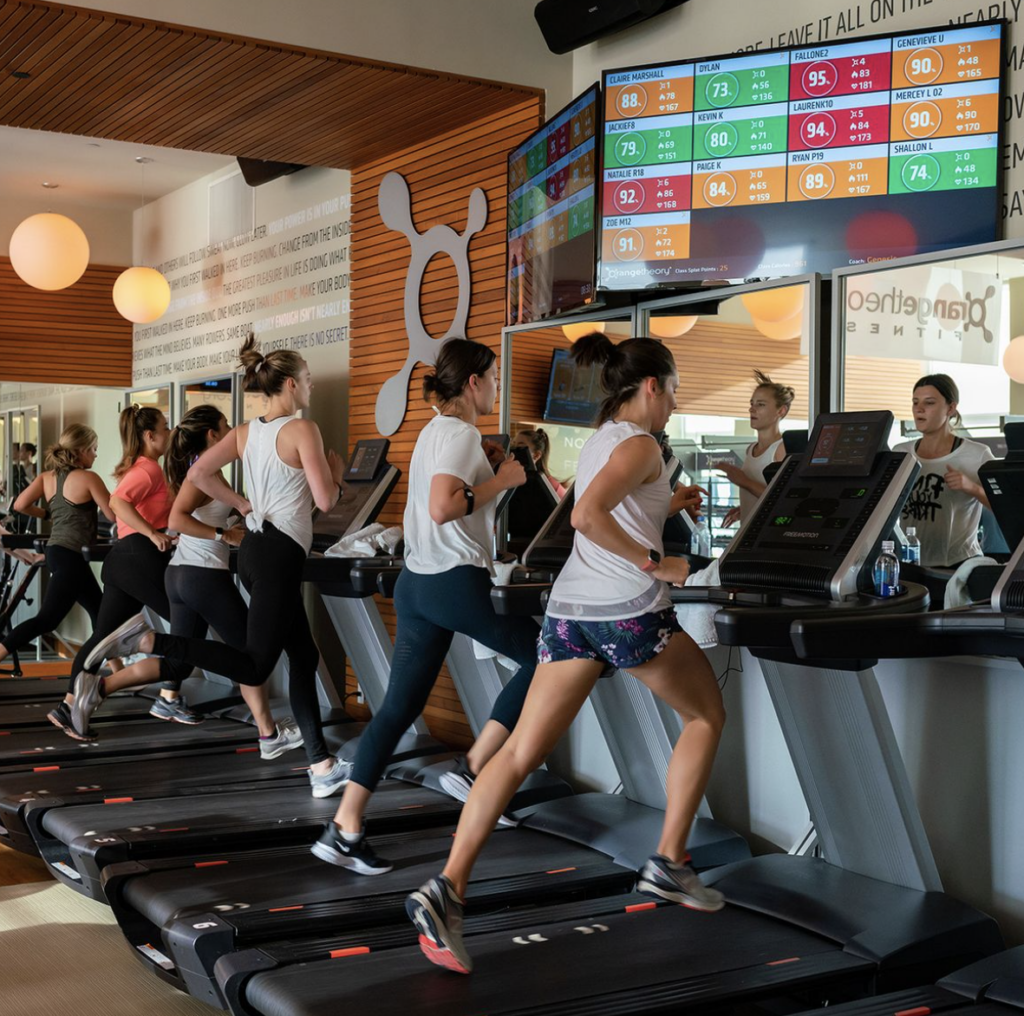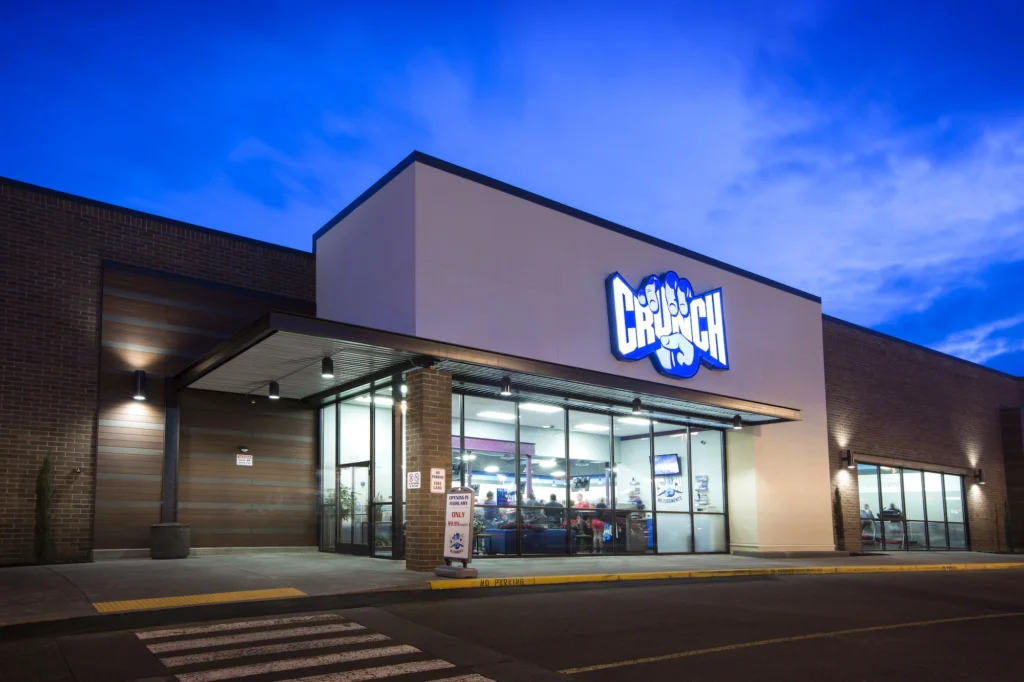Featured on Franchise Corner
View More
The 3 Keys to Starting Your Fitness Franchise

A veteran franchisee shares the most important milestones for opening a fitness franchise
You’re in the process of finalizing your fitness franchise deal. Congratulations. Now it’s time for the real work to begin. The period between signing your franchise agreement and opening day is critical to the success of your gym. And, it’s also often a real wake-up call for new franchisees.
“A lot of franchisees will say, ‘You know, I’m buying a franchise and paying upfront money for the franchise, and the franchisor is gonna help me all along the way and I can just sit back and do very little. That is not the case,” Leonard Briskman, a SCORE mentor based in Washington, D.C., told Athletech News. “Once you open for business and you start that first week or the first two weeks, chances are the franchisor is not going to be readily available for you, unless you have an operational problem.”
Briskman has been on both sides of the franchise relationship. First, purchasing a lighting retail chain with 27 franchisees and later as a franchisee operating 42 athletic footwear stores.
For Briskman, the franchisor’s training program was immensely helpful, mainly due to the coaching he received but also because it gave him the opportunity to build relationships with other franchisees that were also going through the onboarding process.
But a classroom setting can only teach you so much. Briskman advises new fitness franchisees to spend time in an existing gym to get a feel for how things work behind the scenes.
“They ought to spend several days or maybe a week or more at another franchisee’s operation, especially if it’s within the same city just to acclimate to what’s happening in the business and what you can expect,” he said.
While every business is different, one thing is universal, once you sign on to open a fitness franchise, you are taking on a host of financial and operational responsibilities, many of which require immediate attention.
Here, we highlight three main milestones leading up to and immediately following signing your franchise agreement.
Secure Funding
It’s going to take a lot of investment to bring your gym or studio to life. It’s best to get your loan approved ahead of signing your franchise agreement. Because, of course, there’ll be no business if you can’t secure the capital but also you need to account for the lead time inherent in getting the funds, which could be up to 90 days.
You also need to make sure your lender is willing to finance a deal with the fitness franchisor you’ve selected.
“The SBA typically has a list of franchisors who they’re prepared to work with and franchisors who they will not work with,” Briskman said. “The best-case scenario is the lender and franchisor have worked together before, which will help expedite your loan process.”

While franchisees can opt for a traditional commercial loan, Briskman says an SBA-guaranteed loan has a lot of advantages that often makes it more attractive. For loans under $500,000, you qualify for the SBA’s Express Loan Program. Not only would that help you get going on your new business faster, but it would also be less likely that you’d need to put up collateral like your home in order to secure the funds.
Briskman said an SBA-guaranteed loan also typically offers a longer payback window than a traditional bank loan — for instance, 10 years versus seven. Plus, the borrower can put down less money toward the deal by going the SBA route.
Develop a Budget
Developing your budget is one key area in which your franchisor will be instrumental. Pay close attention during your training sessions to this part of the discussion so you’re aware of where the money’s going and you don’t end up making costly mistakes.
The list of expenditures you can expect to make long before you open your doors include: annual insurance premiums, real estate attorney fees, your lease, your contractor, permits, licenses, equipment, advertising and staffing.
“It’s nerve-racking, because all of these expenses are going out, but they should be budgeted for before you’re spending the money so nothing comes through as a surprise,” Briskman advised. “I would say you’re looking at probably something in the area of anywhere from eight months to 12 months before you’re able to open.”
When building your timeline alongside your budget, you need to factor in time for loan approval, lease negotiations, location scouting, location build-out and permitting.
Pick a Location
With funding and budget in hand, it’s time to pick your location. Again, Briskman said, your franchisor will be instrumental in helping to advise you on the area and the type of structure that will work for your fitness franchise.

In some cases, the franchisor may have a real estate team that can lend a hand. If not, you’ll need to work with a broker to find a location that offers the demographic, size and environment that best matches the franchisor’s suggestions.
Once you think you’ve found the best spot, it’s time to engage a real estate attorney who can negotiate a lease that will work for your gym or studio.
From there, it’s time to turn that empty space into your new business. One advantage of opening a franchise is your franchisor has a set aesthetic for its brand, which they’ll provide plans for. You and your contractor will need to work together to bring that vision to life in your new space.
It’s crucial that you ensure the contractor sticks with your agreed upon timeline. Every day that you’re not open is costing you. Also, you’ll want to work backward from your build-out date to determine when to start advertising and the best timing for onboarding your staff.
“If your contractor says, ‘I can complete this whole thing in 60 days,’ you have to hold that contractor to that 60-day period. Otherwise, there should be some kind of a penalty involved,” Briskman said.
The stakes are high in those critical first days. Remember, every decision you make will help lay the groundwork for your new studio.
“You’re operating the business,” he said. “You have to make sure that you have the best possible people who are assisting you. And you have to go out and advertise and provide [your clients] with an environment that they want to come back to.”



